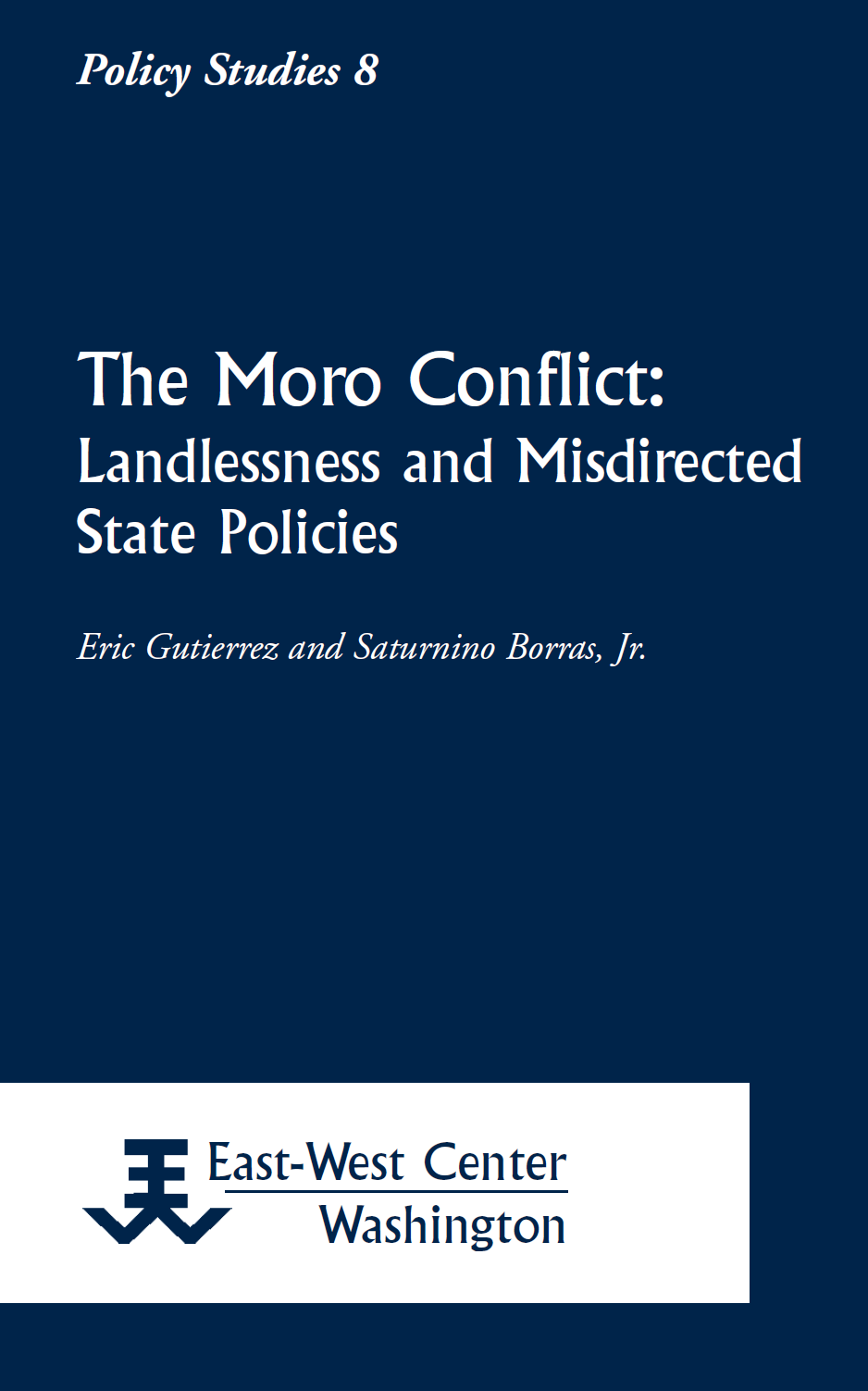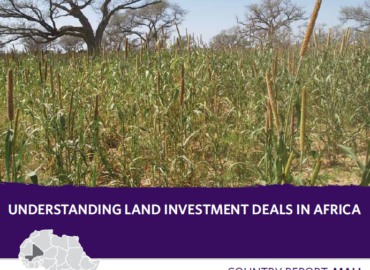The conflict in the southern Philippines is becoming increasingly complex, and untangling the knots for a greater understanding of the problem is no easy task. Yet underlying the many manifestations of a complex conflict is a straightforward political-economic explanation. This study represents a step toward a more systematic inquiry into the problem by developing a political-economic explanation of the conflict. It starts from two observations: first, the geographic areas in the southern Philippines where there is a significant if not a majority presence of Muslims are marked by a high incidence of poverty and social exclusion; second, there has been an alarming surge of “entrepreneurs in violence” in these areas determined to enforce their own nonstate systems of property relations. The study contends that these two observations result, to a significant degree, from the highly skewed distribution of ownership and control over land resources in the southern Philippines that should be traced back in the country’s colonial history. Thus we argue that the continuing war, the persistence of poverty and landlessness, and the emergence of entrepreneurs in violence are mere symptoms of something that has not yet been sufficiently addressed by a succession of Philippine governments or even by mainstream Moro revolutionary organizations: the highly skewed distribution of land-ownership and control in the southern Philippines.
Authors: Eric Gutierrez and Saturnino Borras, Jr.
Published by: East-West Center Washington (2004)
The Moro Conflict- Landlessness and Misdirected State Policies


